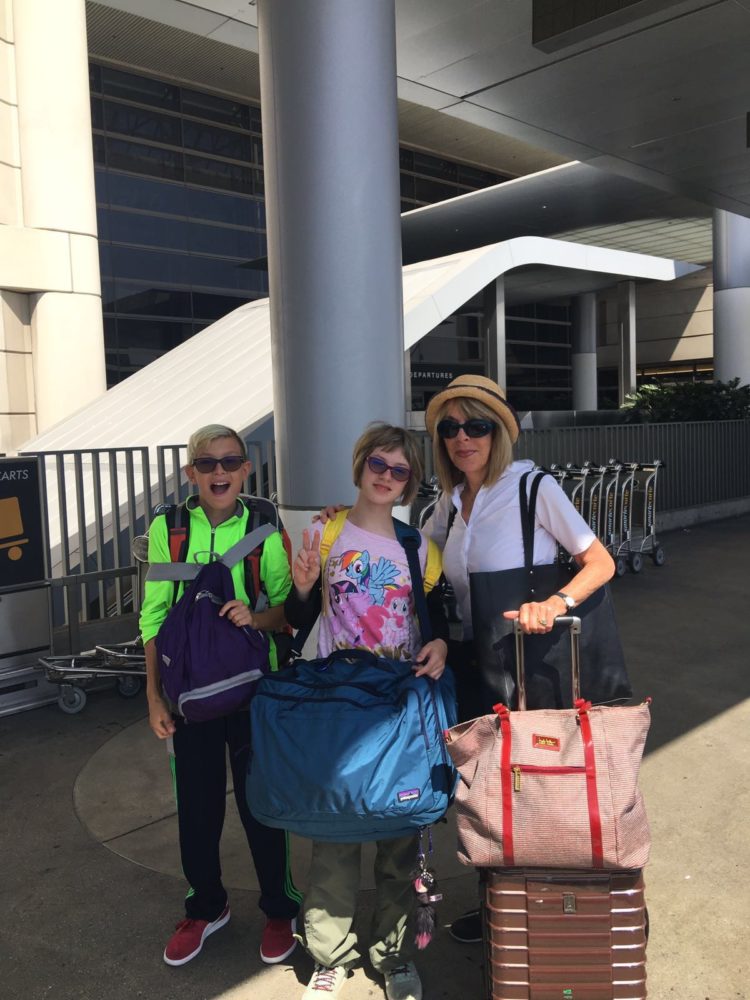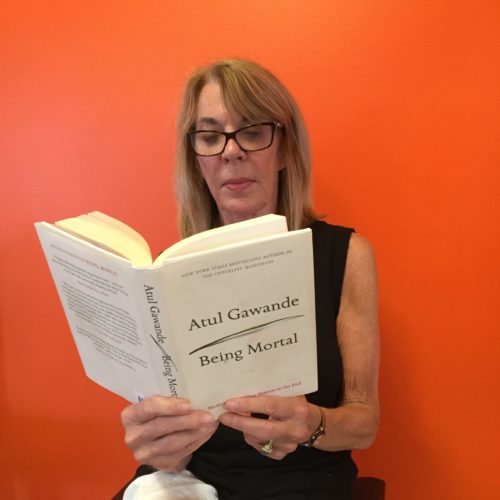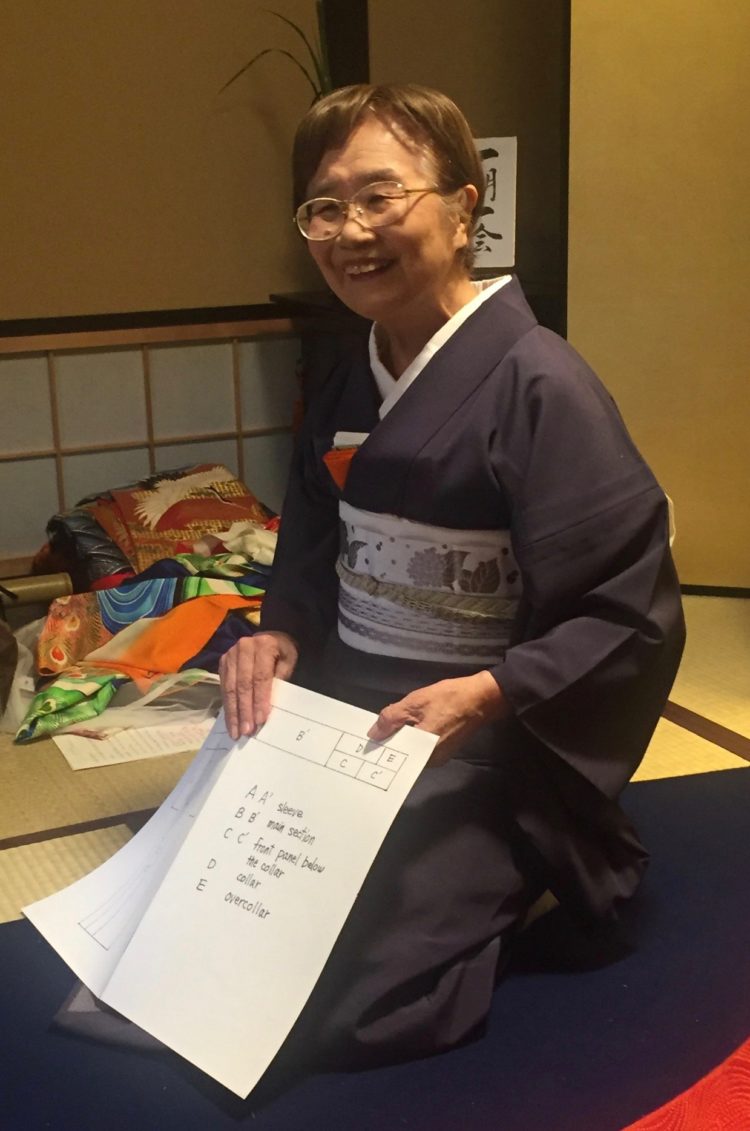Last week I posted a note on the WOW Facebook page, describing how I got in touch with my mortality (not for the first time) after parting with my grandkids following a trip to Japan with them. I wrote that Jane and Max will probably visit Japan again, but such might not be in the cards for me, given my advancing age. In response, concerned friends wrote and phoned, thinking I was depressed.

Max, 11, Jane 12 1/2 and Nana about to board our plane for Tokyo
To an extent it is depressing to reflect on one’s mortality, but it’s also important. Why should it be a cause for alarm? Why does our culture go bananas when someone publicly ruminates about her mortality? Why jump to the conclusion that this person (moi) is somehow inappropriate?
I want to make a case for not being afraid to discuss one’s mortality. On the contrary I want to encourage this dialogue. The more we can face our dwindling years and share our hopes and fears for our last chapter, the better prepared we are for death.
In my family, my father was terrified of death. He had been a powerful man, a successful attorney, entrepreneur and community leader. In his final months he went into overdrive, pushing himself to appear normal and to maintain his active schedule. When my mother and close intimates tried to get him to slow down, he became irate, defensive and difficult. His final moments with his family were wrenching. He became volatile when his body started to shut down. He denied himself and us a loving parting.

Yours truly reading the best seller, “Being Mortal”
A death conversation is likely to be uncomfortable. I stumble into discussions with my grown sons about my mortality. When I reference it they will typically say something like, “Mom, you’re not going to die anytime soon. You’re in good health and full of energy.”
Their responses can make it hard to continue. I share their resistance. I don’t want to die anytime soon. I still have a zillion creative projects on the back burner, but my body is slowing down. I have arthritis and less stamina. I recognize, unlike my father, I can’t live forever.
I’m fortunate in that I know a few very wise older women who have shared with me their views on death. Their candidness has eased this path for me.
I plan to risk conversations around mortality with close friends my age. I’m hoping our tested intimacy will prevent them from backing off—no guarantees, of course. I’m also not going to let my sons’ discomfort stop me from bringing up the big “D” with them.
I find inspiration in the Buddhist way of thinking about death. This philosophy maintains that far from being a subject to be shunned and avoided, death is the key that unlocks the seeming mystery of life. It is by understanding death that we understand life; for death is part of the process of life in the larger sense.

An elder Japanese woman who told me she is at peace with death.
To quote the Buddhist writer, V.F. Guaratna:
It is the contemplation of death, the intensive thought that it will some day come upon us, that softens the hardest of hearts, binds one to another with cords of love and compassion, and destroys the barriers of caste, creed and race among the peoples of this earth all of whom are subject to the common destiny of death. Death is a great leveler.
If you’d like more conversations with like-minded women, we have a Facebook page for you: WOW, Women’s Older Wisdom.